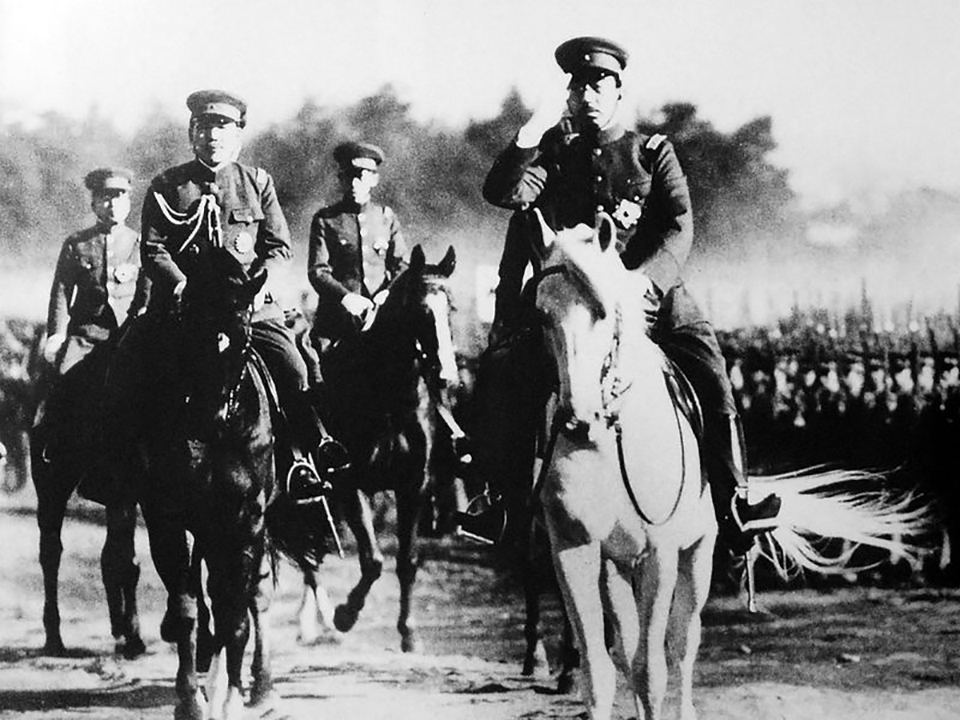The Basket
Senior Master Sergeant
- 3,712
- Jun 27, 2007
Charles I has entered the chat.
The Emperor was not some rubber stamp so he knew of stuff or at least knew of to know of stuff.
So
Hideki Tojo at his trial said the emperor had ultimate authority. So sounds bad but then he recanted. So that's good.
The Emperor was certainly guilty and certainly holds responsibility.
But then again Japan had to be reconstructed and realigned as a western ally. Anti Soviet and anti communist.
So guilty but sometimes you have to play the game of thrones.
The Emperor was not some rubber stamp so he knew of stuff or at least knew of to know of stuff.
So
Hideki Tojo at his trial said the emperor had ultimate authority. So sounds bad but then he recanted. So that's good.
The Emperor was certainly guilty and certainly holds responsibility.
But then again Japan had to be reconstructed and realigned as a western ally. Anti Soviet and anti communist.
So guilty but sometimes you have to play the game of thrones.

